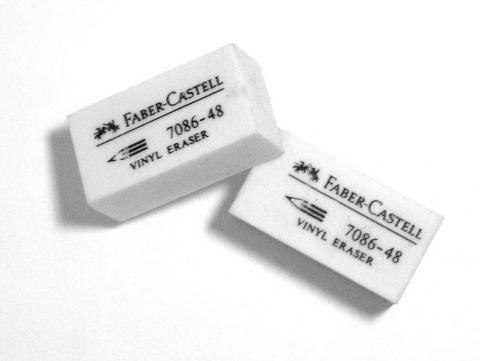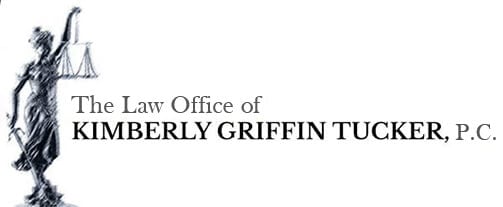
To expunge means to erase or remove something (usually unpleasant). In Texas, the act of erasing or removing a criminal record from your record is called an expunction.
The Open Records Act
Texas’ Open Records law requires arrest records to be made available to the public for public or private use, even if the arrest does not lead to a conviction. Thus, anytime a person is arrested, charged, convicted, and sentenced for a crime, whether a misdemeanor or felony, the criminal record is available for inspection by anyone. A convicted person, if he or she wishes to limit access to his or her criminal record, may seek an order of nondisclosure or an order of expunction. This post will review erasing criminal records.
The Right to Expunction
The right to expunction in Texas permits the entire criminal record to be erased if the underlying criminal matter was dismissed, declined, or a return of a not guilty verdict is made. Only crimes involving class C offenses and below may be expunged. Class C offenses are classified as misdemeanors with a sentence of a fee of no more than $500.
What is Inside a Criminal Record
A criminal record includes the arrest record, fingerprinting, mugshot, charging documents, evidence, and general case information.
How Criminal Records are Used
Criminal records affect an individual’s housing, employment, and educational pursuits. Additionally, access to social services may be limited. Voting rights are also restricted – banning certain criminal defendants from ever voting again. Many jobs and residential housing buildings require background checks to work or live at a certain place. Depending on the severity and type of crime, a criminal conviction can preclude a person from working in an entire industry.
Benefits of an Erased Criminal Record
An expunction allows a criminal defendant to erase his or her criminal record and block availability of the criminal record to private investigators, educational institutions, financial institutions, or employers forever. When asked if he or she has ever been arrested or convicted of a crime, the person may answer no and not be subject to job loss and limits to employment opportunities.
Contact an Expunction Lawyer in Texas Today
At The Law Office of Kimberly Griffin Tucker, P.C., we represent people seeking to expunge criminal records in the Plano and Denton areas of Texas. If you or someone you know wants to discuss your eligibility for expunction, please contact us for a case evaluation. We will provide you with a comprehensive look at your case, what you can expect, and what steps are available to resolve your matter once and for all.
